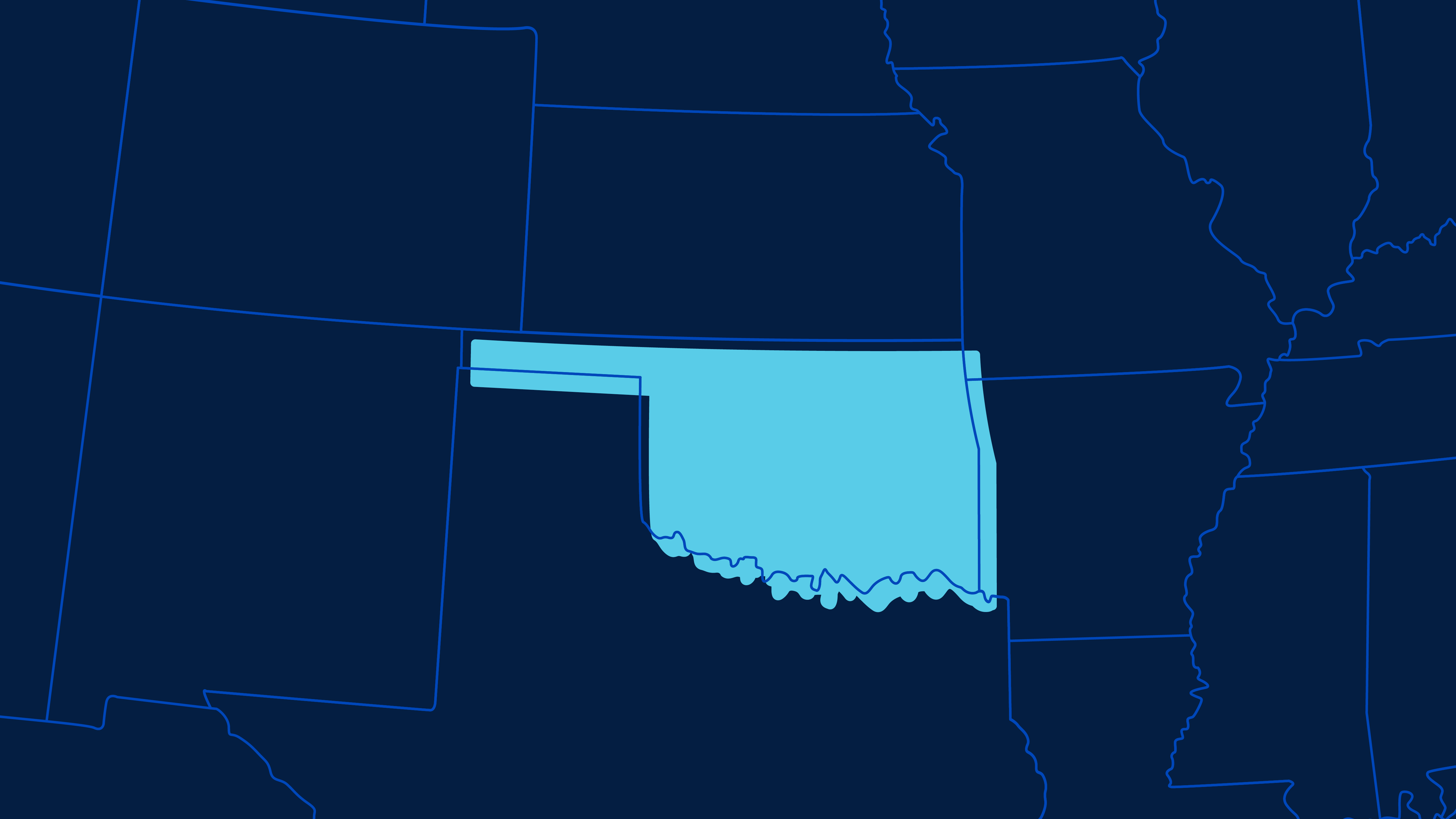Qualifying for Home Loans in Oklahoma | Step-by-Step Guide
Congratulations on taking the first step toward becoming a first time homebuyer: research! At this point, you’re probably wondering: how do I qualify for a home loan? We’ve got you covered.
In order to see if you’re a good candidate for a loan, lenders will go through your financial information with a fine-toothed comb. Here’s what they’re looking for:
Credit
Your FICO score is extremely important. You should learn your score as early as possible and take any necessary steps to improve it, such as paying down balances, correcting errors on your credit report, and making monthly payments on time.
Lenders will also dig into your credit history, looking for delinquent accounts, unpaid collections, recent applications for credit, and outstanding debts. These are all signs of potential instability.
While you’re trying to secure a mortgage loan, avoid renting furniture or opening a new department store card. Anything that affects your credit should get the “ok” from a trusted financial expert.
Household income
Lenders will use this figure to determine how much you can pay each month, and therefore the maximum amount you can borrow. Typically, Dual incomes are a big help, but typically your spouse’s income will not count unless they are also on the loan with you.
Self-employed people and contract workers will have to jump through some hoops to prove a steady, reliable income.
Job History
The more stable your job history is, the less risk there is for the bank. Frequent job changes in the last couple years or periods of unemployment could come under scrutiny.
Any hiatus from employment isn’t necessarily a dealbreaker, but it will definitely be flagged by the lender for a closer look. You may need to provide evidence of extenuating circumstances, such as illness or educational pursuits, to prove that you’re a reliable candidate.
Cash Reserves
This one often takes first time homebuyers by surprise. Lenders don’t want you to “close broke,” which means having $0 in the bank just after moving in. They like to see that you have enough in reserves to pay the mortgage for a couple months. Cash reserves can be tough to prepare for when you’re already strapped for cash, so start saving in advance!
Down Payment
This one is no secret, but it’s certainly one that causes a headache for first time homebuyers who lack existing equity. Like the other factors listed above, a higher down payment equates to a lower risk for the lender.
Down payments are usually between 5% and 20% of the total purchase price, but anything under 20% will most likely require Private Mortgage Insurance, which protects the lender if you default on your loan.
Here are some tips to save for a down payment.
Got it all? Here’s a quick checklist to make sure your ducks are in a row before you apply for a home loan:
✓ Learn your score and take action to improve it if necessary.
✓ Assess your household income and gather necessary proof of earnings.
✓ Demonstrate stable work history by avoiding major career changes.
✓ Keep some money in reserves
✓ Assess your down payment options and prepare accordingly
Buying your first home is equal parts exciting and nerve-wracking. By learning about the process and requirements, you’re setting yourself up for success. Preparing early to jump these loan qualification hurdles is the most pain-free way to get from “how do I qualify for a home loan” to “oh my goodness, I just bought a house!”








